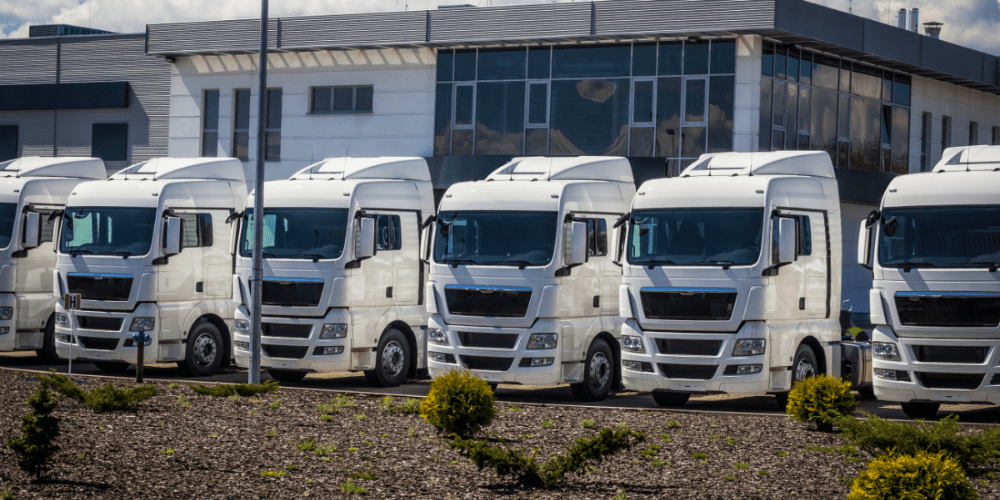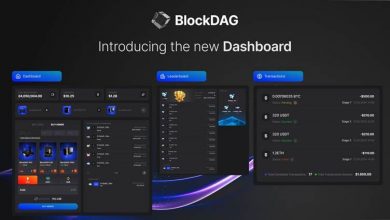How To Optimize Fleet Operations With Iot?

Nowadays, companies are paying more attention to different business sectors when it comes to optimizing the flow of operations. They aim to improve efficiency and have fewer accidental errors. A particular area where this kind of efficiency is required is fleet operations. In this kind of work, the goal is to come up with better solutions to reduce labor costs and, at the same time, ensure that fleet operations are initiated at an experienced rate.
It is quite often observed that fleet operations mostly suffer from a lack of communication skills across multiple ends in the supply chain. It leads to unnecessary delays and below-satisfactory performance. Dissatisfied clients are an unfortunate outcome. Thankfully, due to advancements in technology, there are now many solutions available to optimize your fleet operations to the fullest. IoT (Internet of Things) is the most effective way to manage fleet operations.
It is designed to reduce your financial expenses in fleet management. Also, the fusion of IoT with other technological advancements can be prudent in handling some tricky aspects of your fleet management. Let’s discuss how you can optimize fleet management with the help of IoT.
Instructions For The Driver
As we all know, there are a lot of drivers who with a distinct way of driving. So, it is important for them to implement IoT. For instance, pressing your foot through the gas pedal all the way through can have severe consequences. Similarly, there are practices where brakes and a car on idle can benefit from certain ways a driver gives input to the car. If drivers receive proper instructions, they can get into fewer accidents, save more fuel, and contribute towards a better environment.
While modern-day cars take advantage of IoT, it can help the driver in certain aspects where the customer’s driving experience can be improved. So, IoT is a great way to boost fleet operations. Ensuring IoT is being implemented from the first steps of the car’s making proves to be very beneficial.
Fuel Effectiveness
As discussed above, fuel effectiveness is another major advantage of IoT. Also, the less fuel an automobile consumes, the better it is for the consumer, the planet, and the company. For this very reason, IoT can be implemented to provide a more stable road when looking after a car’s fuel effectiveness.
This can be achieved by using IoT-centric sensors, which are always collecting data. This data can be in the form of car metrics, car performance, user driving patterns, etc. Also, it depends on the weather and the type of road you are driving on as well. Therefore, fleet asset tracking should be implemented to ensure the efficiency of fleet operations.
Preserving Car Prolongevity
Another great aspect of IoT is that it can predict and inform you about the performance-related issues of your car. This essentially means that it is now feasible for people to know what part of their car needs service or replacement in the worst-case scenario. So, a system based on IoT software can be pre-installed in your automobile.
This system can automatically detect and monitor all important elements of your car. More than ever, these systems now come pre-installed in modern cars. For instance, this IoT system can check the car’s ECU system, tire regularities, engine compression ratio, etc. It does the job that would take a lot of time for a mechanic to figure out. Therefore, the maintenance aspect can be enhanced in fleet operations by IoT.
Proximity Accuracy
It can get difficult to get from point A to B sometimes. Especially, when there are multiple routes to the same destination. It can get even more troublesome when you are a delivery guy who has to reach a particular destination by a specified time. These situations can also be about picking up a certain order or delivering to a customer.
Therefore, accuracy in proximity is a crucial part when it comes to customer satisfaction. In this regard, IoT-based technological radars and navigational systems can accurately predict the best routes. These routes rely on aspects like traffic intensity, weather, the nearest road, etc.
Satisfied Customers
Customers are an integral part of any successful business. Sadly, many customers have no regard when it comes to the construction and making of certain parts that make up a vehicle. Mostly, the customers are more focused on the ultimate result, i.e., reaching their destination. Therefore, as discussed earlier, customer satisfaction in the delivery segment can be improved by implementing IoT in this department.
IoT can further help in the department of customer support by providing seamless query-solving solutions through a communication system aimed at solving multiple problems. These problems cannot necessarily be just on the customer’s end; they can also be the problems at the end of the people who are managing fleet options.
Contributing Towards Organizational Goals
IoT can contribute a lot when implemented in the basic practices that are being carried out in the organization that is managing fleet operations. This can further add to the efficiency of fleet management. The fleet department is going through a lot of changes when it comes to using IoT in its basic procedures.
Conclusion
As you can see, many aspects can benefit from the implementation of IoT when it comes to managing fleet operations. We can say that IoT will become a mandatory part of the future of fleet management. This is because it is way more affordable and efficient in managing the flow of operations and adds to customer experience and enhancement as well.





